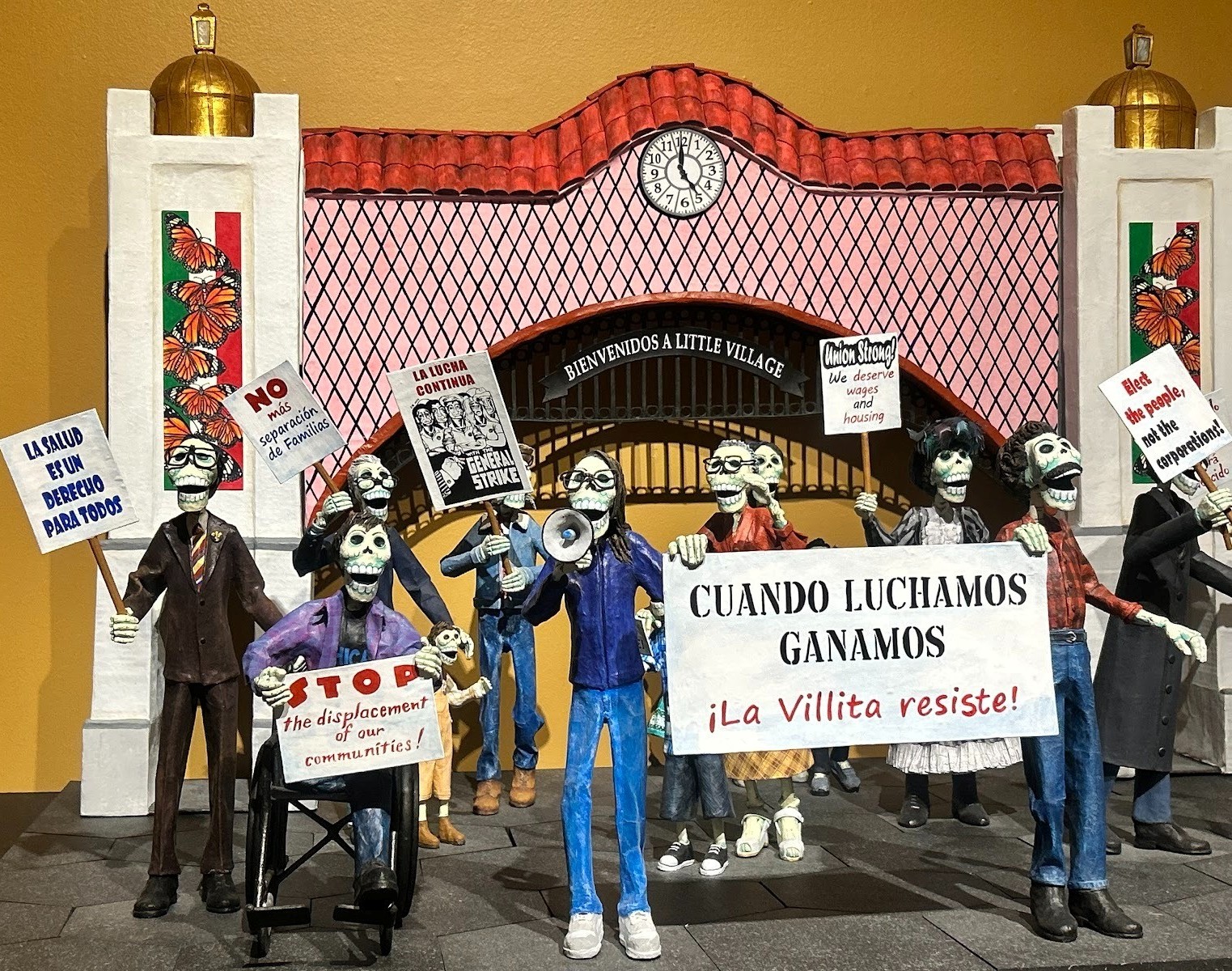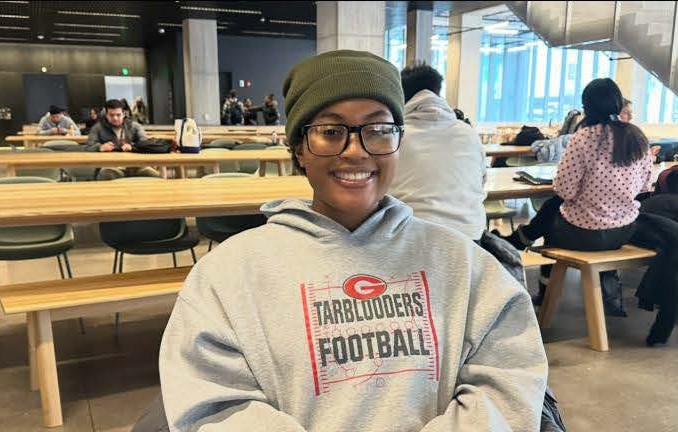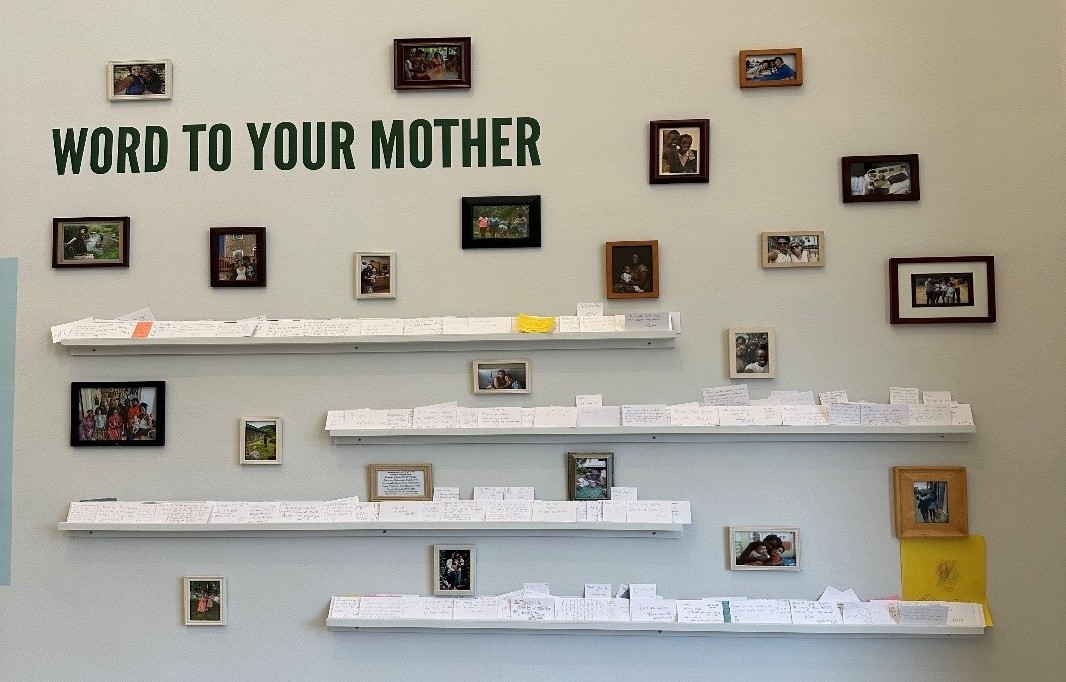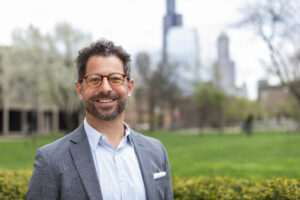Index crimes (serious crimes like murder and arson) are down, citywide and in the district, and the total reported crimes are down for the beat from the same time last year by nearly 10 percent. So police statistics seem to suggest that the 20th district is the safest in the city.
But concerned neighbors from every corner of the beat who attended the June 21 meeting to speak with the police who patrol their streets disagree.
“We can have the lowest crime rate in the city, but that doesn’t mean we don’t have problems,” said Ed Kuske. For more than five years, Kuske has acted as beat facilitator. He serves as a liaison between the community and the police for the beat, which extends from Lawrence to Foster and from Winthrop to Lake Michigan.
The major topic of discussion for the approximately 30 people was drugs. One 12-year resident said the drug problem in the beat became undeniable about a year-and-a-half ago. He said he sees drug dealers almost daily on his block and requested to remain anonymous for this story because he fears retaliation from gang members.
“We have been responding to [citizens’] complaints. And I think we are seeing a lot of progress,” said Kathleen Boehmer, commander of the 20th police district.
According to data from the Chicago Police Department, the number of reported incidents of drug-related crimes has decreased significantly for the last three months in the beat. The previous three 90-day periods had between 60 and 70 incidents, and this last period had 39.
But that data alone doesn’t necessarily tell the whole story, said Officer Bob Johnson of the 20th district.
“Well, if a narcotics deal goes down and no one was there to witness it, then it doesn’t get reported,” said Johnson.
Whether residents report crime or not, Johnson said it’s hard to know exactly how big the drug problem really is.
“Dealing with narcotics can be like squeezing a balloon. As you put pressure on one area, it pops up in another area,” said Johnson.
If the drug dealers move to another area of the city, it may seem like the problem is over. Or if the dealers move into your part of the city, it may seem like the problem is getting worse.
The problem of narcotics trafficking is a complex one that spans continents, but the solution may be simple and entirely local, said Allen Turner, a 13-year Uptown resident. Turner is part of a program sponsored by CAPS that epitomizes that solution.
The six-week program (Healthy People, Healthy Blocks) consisted of neighbors walking the streets of their neighborhood and taking note of areas that required city services. There were also health and safety presentations, as well as a self-defense lesson. The program is now over, but Turner said that he and many participants are continuing their weekly walks.
“It’s an opportunity not only for us to get healthier but also to talk to each other and generally be a positive presence on our streets. Positive loitering, as it were,” said Turner.
He said the walks could make a big difference with crime and with communication between the diverse segments of Uptown’s population.
Categories:
Justice & Crime Northwest Side Public
Tags:
20th police district caps chicago police department edgewater healthy people healthy blocks uptown






Be First to Comment